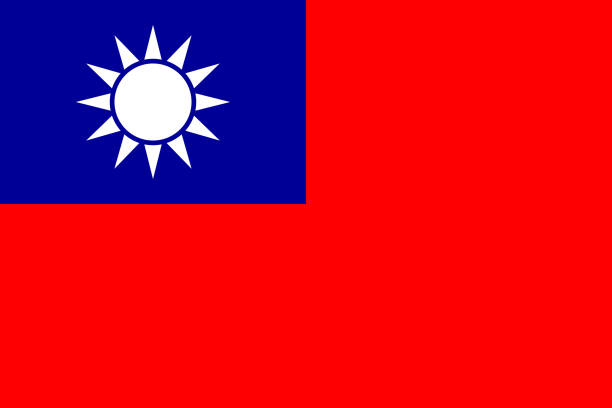Overview
The Employment Ordinance provides a comprehensive framework for employment protections. It applies to nearly all employees engaged under a contract of service in Hong Kong, regardless of full-time or part-time status, and covers both local and foreign employees (with a few specific exemptions such as live-in domestic workers and certain seafarers) . Notably, the EO distinguishes between continuous employment (generally defined as an employee who has worked at least 18 hours per week for 4 weeks or more under the same employer) and non-continuous employment. Employees under continuous contracts are entitled to additional statutory benefits like paid annual leave and sick leave, whereas all employees (continuous or not) enjoy basic protections like timely wage payment and protection from unlawful deductions .
Key Provisions
The Employment Ordinance encompasses a broad range of employee rights and benefits to foster fair working conditions . Key provisions include:
• Wage Protection: Employers must pay wages on time and in full. The EO restricts wage deductions and mandates at least one pay period per month .
• Rest Days and Holidays: Employees are entitled to at least one rest day in every seven days and statutory public holidays. After 12 months under a continuous contract, employees also earn paid annual leave (starting at 7 days and increasing with length of service) .
• Paid Leave Benefits: The EO provides paid sickness allowance, maternity leave (14 weeks of paid maternity leave) , and paternity leave (5 days). These leaves come with job protection (e.g. protection against dismissal due to pregnancy) to support employees’ family needs.
• Severance and Long Service Payments: Employees meeting certain tenure requirements who are dismissed for redundancy or resign after long service are entitled to severance pay or long service payments. The amounts are calculated based on wages and years of service as prescribed by the ordinance.
• Employment Protection: Unfair dismissal or variation of contract in certain circumstances (such as during maternity leave or for exercising employee rights) is prohibited. The EO also protects employees from anti-union discrimination, ensuring the right to join trade unions without retaliation .
• Termination and Notice: The ordinance sets out required notice periods or payment in lieu of notice for termination of employment, along with statutory compensation or remedies for unreasonable dismissal in some cases.
Importance for Employers and Employees
Compliance with the Employment Ordinance is legally mandatory and critical for HR practices. It provides a baseline for fair treatment, helping employers avoid disputes by adhering to statutory minimums. The EO ensures employees receive basic standards of pay and benefits, thereby fostering a stable and motivated workforce. Contracts that attempt to waive or reduce EO benefits are unenforceable (any term less favorable than the law is void) . Employers must keep proper records (hours worked, wage payments, etc.) to demonstrate compliance . Overall, the Employment Ordinance balances employer-employee interests and underpins Hong Kong’s reputation as a business-friendly jurisdiction with robust worker protections .







